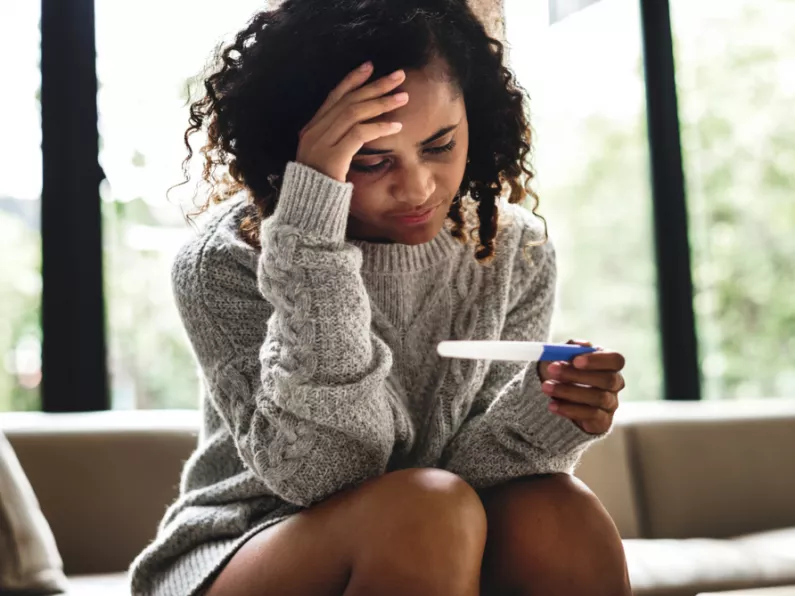Pregnant women are at higher risk of contracting monkeypox.
Available information suggests that contracting monkeypox during pregnancy can be dangerous for the fetus.
More research is needed to better understand the risks of monkeypox during pregnancy, and how the virus can be passed to the fetus in the womb or to the newborn during or after birth or while breastfeeding.
If you are pregnant, avoid close contact with anyone who has monkeypox. Anyone who has close contact with someone who is infectious can get monkeypox, regardless of who they are.
If you think you have been exposed to or are showing symptoms that could be monkeypox, contact your healthcare provider. They will help you get tested and access the care you need.
Breastfeeding and monkeypox
If you have confirmed or suspected monkeypox and you are breastfeeding, talk to your healthcare provider for advice.
They will assess the risk of transmitting monkeypox as well as the risk of withholding breastfeeding to your infant.
If it is possible for you to continue to breastfeed and have close contact, they will advise you on how to reduce the risk by taking measures such as covering your sores and wearing a mask to reduce the risk of passing on the virus.
The risk of infection will need to be carefully balanced with the potential harm and distress caused by interrupting breastfeeding and close contact between parent and child.
It is not yet known whether the monkeypox virus can be spread from parent to child through breastmilk; this is an area in need of further study.
What is monkeypox?
Monkeypox is an illness caused by the monkeypox virus. It can spread from animals to humans, but it can also spread from humans to other humans and from the environment to humans.
The most common symptoms of monkeypox identified during the 2022 outbreak include fever, headache, muscle aches, back pain, low energy and swollen lymph nodes, followed or accompanied by the development of a rash which may last for two to three weeks.
Pregnant women, children and persons who are immunocompromised are at higher risk of contracting the virus.







